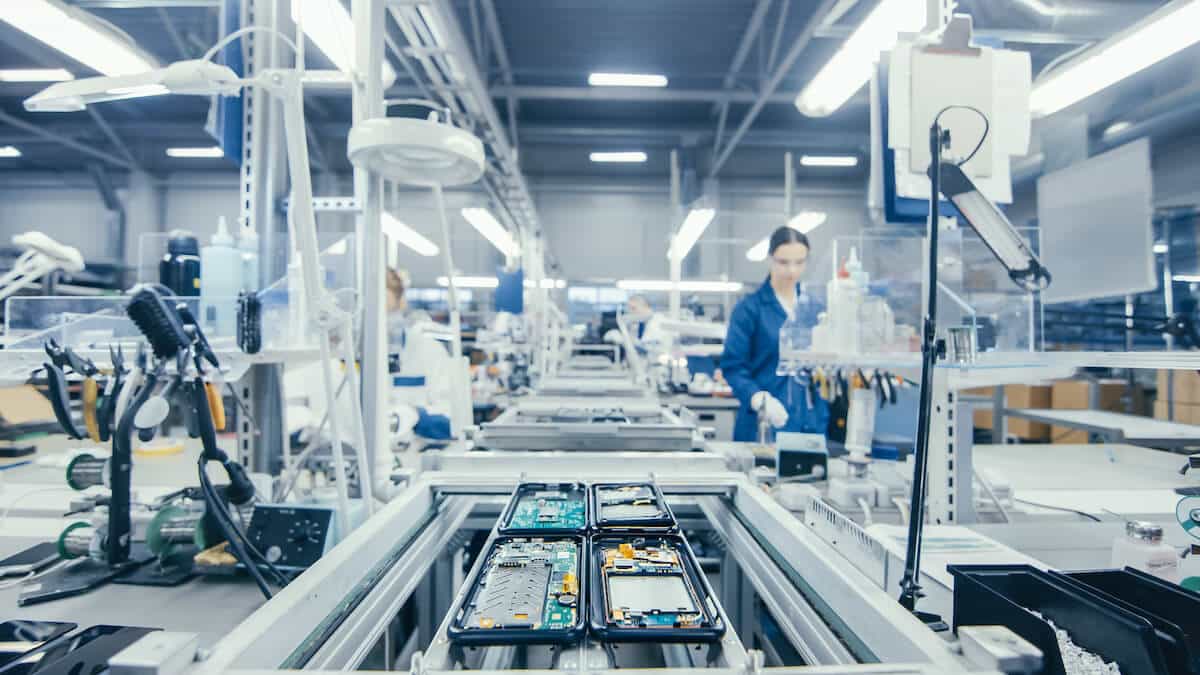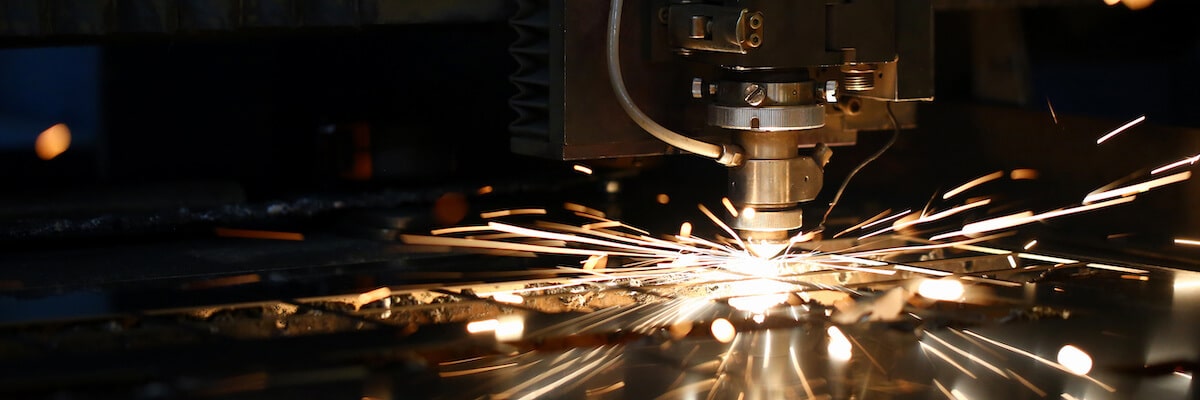There comes a time during every innovator’s process where they wonder how to find a manufacturer to make their product. Product innovation, design, and research are only the beginning of product development. Even the best product ideas and designs are meaningless if you can’t source a trustworthy manufacturer to produce the product your team designed at scale and at a cost that keeps your price competitive.
Just like everything else involved in getting a new product on the market, manufacturing is a process. Finding a manufacturing partner with the right people and the proper processes is key for both startups and established companies. But don’t worry, every physical product on the market goes through the same thing. What follows are some key pointers on identifying the right manufacturing company to get your new product made on time and on cost, with the quality your customers expect.
Manufacturers Do a Lot More Than Make Stuff

While referrals from peers are valuable, finding a good manufacturing partner should not be based solely on recommendations from other people. Referrals may serve as a starting point, but every manufacturer has its specialties and proven practices around them. And don’t base your decision only on conversations with their sales representatives. As nice and knowledgeable as they seem, they won’t be the ones running the production line.
When looking for someone who can do your product manufacturing, here are 10 questions you should ask potential manufacturers:
- What does your quality assurance process look like?
- What certifications does the company and its key employees have?
- Have you made any products in our industry?
- How much of the production will you do in-house, and how much will you need to outsource?
- What happens if production costs exceed what you’ve quoted?
- If hard tooling is made, like injection molds, who owns those tools?
- What is your minimum order quantity (MOQ)?
- Will there be a specific production manager assigned to my product, and will I be able to talk to them directly?
- Can you provide three references, preferably in my industry or something close?
- What happens if the final product does not meet our design specifications and who pays for any rework or fixes to the manufacturing process?
The more specific you can get with potential manufacturers, the greater confidence you will have in the final product’s quality. The manufacturer’s experience and their ability to communicate openly and promptly will directly impact the speed at which they can deliver quality products.
Something else to be aware of is how to make many modern products’ specific components. Advanced skill sets and sophisticated technology are often required. Harvard Business Review says this modern paradigm means manufacturers must rely on specialists and subcontractors who focus on just one area. No matter which manufacturer you choose, they will most likely have many suppliers worldwide who contribute components to your product. Understanding their network of suppliers is critical to your success.
And speaking of the worldwide supply chain, where to make your product may be the most important decision you need to make when deciding how to manufacture your product.
Advantages and Disadvantages of Overseas Sourcing

Online overseas directories like Alibaba can help, but there is no guarantee you land on a specialized manufacturer with whom you can build a trusting, long-term relationship. And many resources will only point you to Chinese manufacturing options when there are many other countries in Asia with strong manufacturing, and you can also consider near-shoring in Mexico or other countries in the Americas.
Unless you work with someone experienced to help you find reputable overseas factories, there are always risks with quality control, poor labor standards, intellectual property theft, payment recourse, and longer shipping times. You will also have to manage importing, customs, and compliance processes, each of which comes with multiple steps, middlemen, and other stakeholders.
Continually traveling overseas is expensive, and without a local presence to oversee and manage the manufacturer, you have fewer opportunities to identify issues before making payments. Managing manufacturers remotely is difficult, especially with the time zone difference and language barriers. Even if you can conduct regular on-site visits personally, there is typically a cultural barrier that complicates matters.
Finding the Best Manufacturer to Make Your Product

With factory sourcing being so critical in the product development process, you likely need to partner with someone with extensive knowledge about the ins and outs of manufacturing. They need to know what to look for and how to ensure you work with the best possible factory for your specific product. You can hire a sourcing agent, but If you use a sourcing agent to help you find a manufacturer, be sure you have a way to verify they work completely independently and receive no kickbacks or compensation for their recommendations.
Trading companies are another option. They are a middleman that fills your order. They handle everything then charge you for the final product. Working with this type of sourcing company gives you little control and has higher long-term costs. But it’s fast and easy.
Streamlining the Manufacturing Journey with Technology
Navigating the complexities of manufacturing can be daunting, especially when faced with a vast array of supplier options and potential manufacturers. Platforms like Gembah offer a tech-enabled solution that simplifies this process, making it easier to find a manufacturer who aligns with your product concept and quality standards.
With access to extensive supplier directories and industry contacts, Gembah helps entrepreneurs and businesses refine their search for a contract manufacturer or label manufacturers that fit their specific product categories. Whether you’re creating a diverse product line or a niche item like glassware, leveraging such platforms ensures you’re not only meeting order quantities but also maintaining customer satisfaction and quality control.
Digital tools like Gembah’s platform eliminate guesswork by providing insights into supplier databases and production capabilities, allowing you to track record histories and evaluate working conditions remotely. This transparency reduces the risks associated with overseas manufacturing, streamlines payment terms negotiations, and ensures your unit costs remain competitive.
By integrating advanced resources, Gembah also enables businesses to focus on brand name development, product mix diversification, and scaling their ecommerce business without the hassle of micromanaging logistics. Whether you’re sourcing through B2B platforms or attending trade shows, partnering with Gembah gives you a strategic advantage to find the right manufacturing solution efficiently and effectively.
The Best Way to Learn How to Manufacture a Product is to Partner With an Expert

You can leverage our network of resources, including designers, engineers, and manufacturers around the world. And once manufacturing starts, our local representatives can conduct regular on-site visits to ensure the manufacturer is delivering on their commitments. We then provide you with reports and photos to keep you updated throughout production. The representative speaks the language and understands the culture, helping you establish a trusting relationship with the manufacturer.
Having this knowledge base and network of vetted resources is a huge advantage that will save you significant time and hassles, as well as costly mistakes. While there is a risk with sourcing overseas, there are plenty of reputable manufacturers that can be trusted to produce your product with the utmost quality and prioritize your best interest.
As eager as you are to get your product made, the most important things you can do when deciding how to manufacture a product are to take your time, ask questions, get references, and find a trusted partner like Gembah to guide you through the process. Get started today by telling us about your product.



